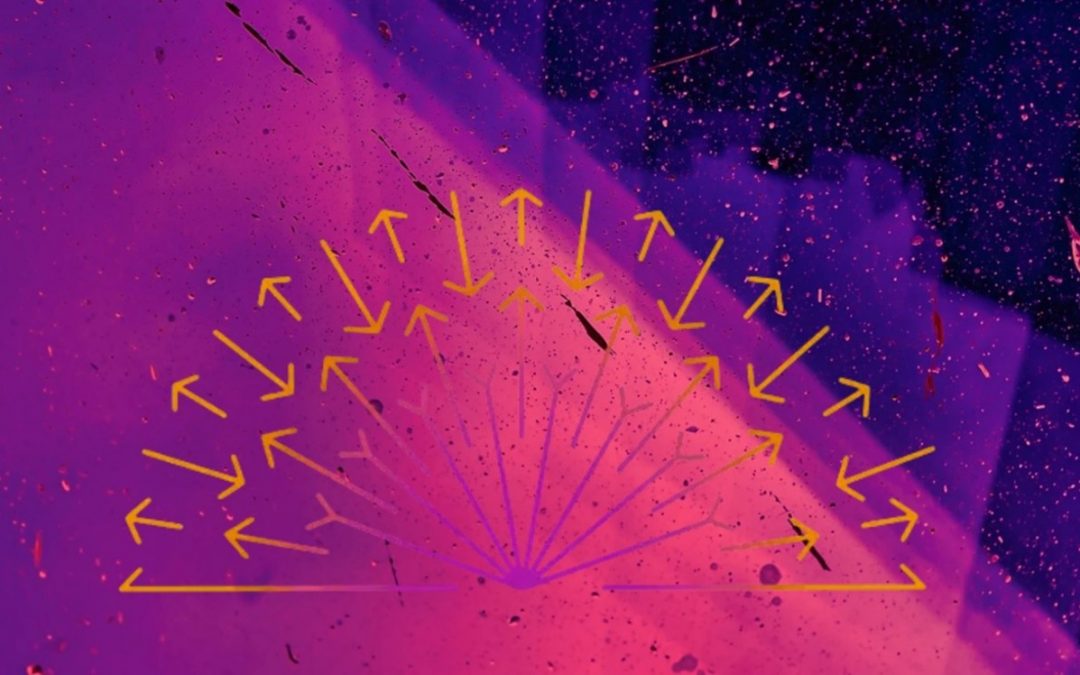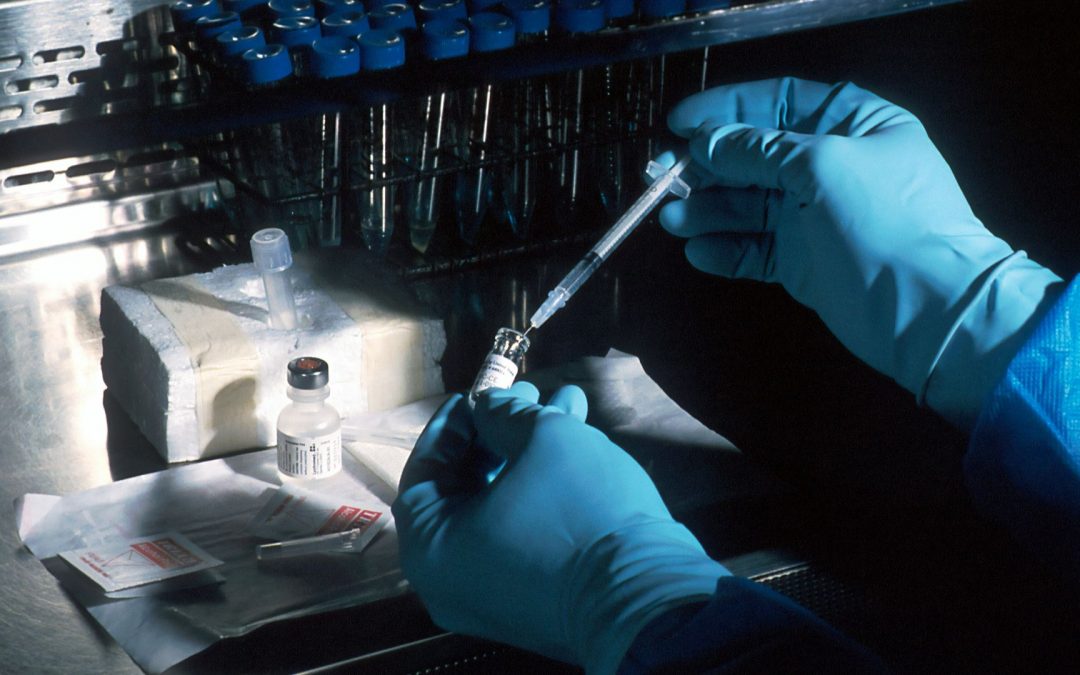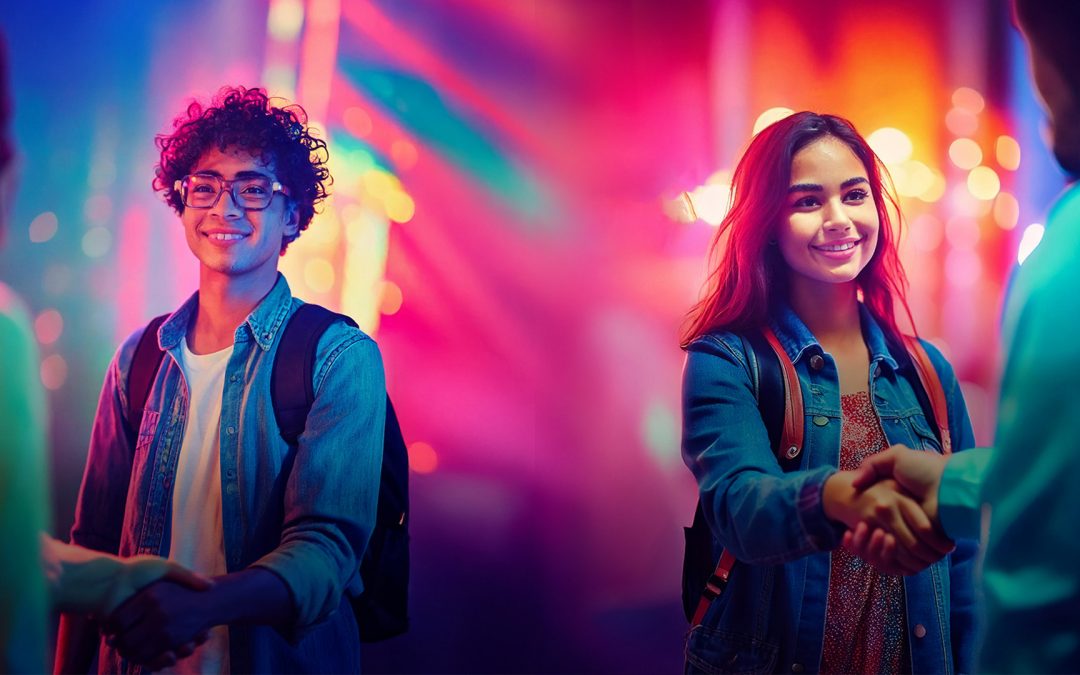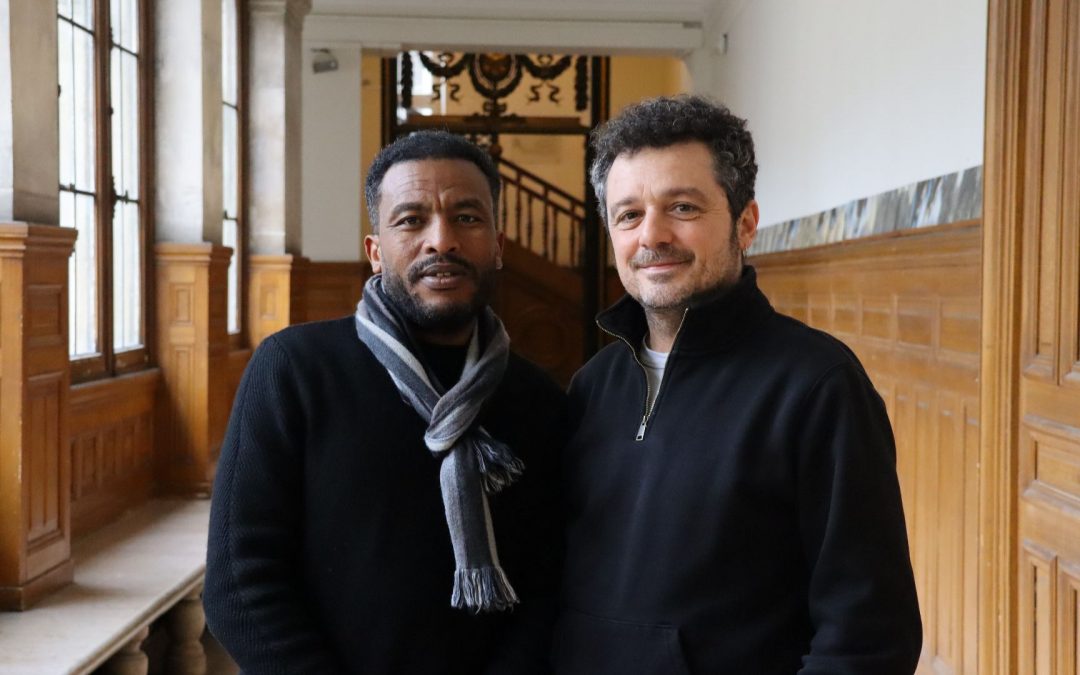![[Hackathon] Machine Learning Approaches @ Halle aux Farines, salle 442C](https://www-test.u-pariscite.fr/wp-content/uploads/2023/04/brooke-cagle-uHVRvDr7pg-unsplash-300x169.jpg)
Come and take part in the Graduate School Translational Bioinformatics workshop on machine learning theory applied to problem solving in the medical and biological sciences.This workshop will include both theoretical and practical sessions with multiple examples.

The objective
The focus of the sessions will be on demonstrating the strength of these methods and the scope of application, but also on raising awareness of their limitations. Emphasis will be placed on the importance of managing best practices and using them under the appropriate conditions.
Target Audience
PhD students (or post-docs) and Master’s students interested in training in Machine Learning and/or Deep Learning, applied to biological or biomedical data. This workshop is also open to students in medicine, biology or other courses, with the requirement that they have a basic knowledge of a programming language such as R or Python.
Speakers from Université Paris Cité
- Farah ELLOUZE, Clinical Bioinformatics laboratory, IHU Institut Imagine
- Tatiana GALOCHKINA, DSIMB team, UMR-1134, MCU
- Nicolas GARCELON, Data Science platform and Clinical Bioinformatics laboratory, IHU Institut Imagine
- Jean-Christophe GELLY, DSIMB team, UMR-1134, MCU
- Frédéric GUYON, DSIMB team, UMR-1134, IR
- Romain NICOLLE, Clinical Bioinformatics laboratory, IHU Institut Imagine
- Marc VINCENT, Data Science platform and Clinical Bioinformatics Laboratory, IHU Institut Imagine
Main Topics
Introduction to machine learning and the main concepts of supervised learning: loss function, model optimisation, model evaluation, under-fitting and over-fitting. Introduction to deep learning (DL) and its applications.
Convolution networks and their application to image processing. Practical work on medical images.
Advanced network architectures and language processing models: from recurrent networks to transformers. Entanglement of protein sequences.
Advanced topics in deep learning: graphical neural networks, federated learning, natural language processing (NLP).
Registration is free but mandatory (20 seats available)
This event is organized by Catherine ETCHEBEST (DSIMB team, UMR-1134) and Antonio RAUSELL (Clinical Bioinformatics laboratory, IHU Institut Imagine).
À lire aussi

Appel à contribution au Festival Double•Science 2026
L’Université Paris Cité participe au festival de vulgarisation scientifique « Double•Science » qui se tiendra au Ground Control les 12 et 13 juin 2026. Nous sommes à la recherche de personnes souhaitant partager, de façon accessible et ludique, leurs connaissances et...
read more
Journée mondiale contre le cancer : une mobilisation collective de la Faculté de Santé

Cité de l’emploi, des stages et de l’alternance 2026 : venez rencontrer votre avenir !
Étudiantes et étudiants de l’Université Paris Cité, nous vous donnons rendez-vous le jeudi 19 mars 2026 pour la 2ᵉ édition de cet événement annuel dédié à l’emploi, aux stages et à l’alternance. Près de 30 recruteurs seront présents pour vous proposer des opportunités...
read more
Abraha et Pierre : une amitié au service de la mémoire des peuples en temps de guerre
À Paris, les chemins de deux historiens se croisent. L’un arrive d’Éthiopie, portant avec lui des carnets remplis d’observations quotidiennes rédigées pendant la guerre du Tigré. L’autre, français, est spécialiste de l’histoire contemporaine éthiopienne. De cette...
read more